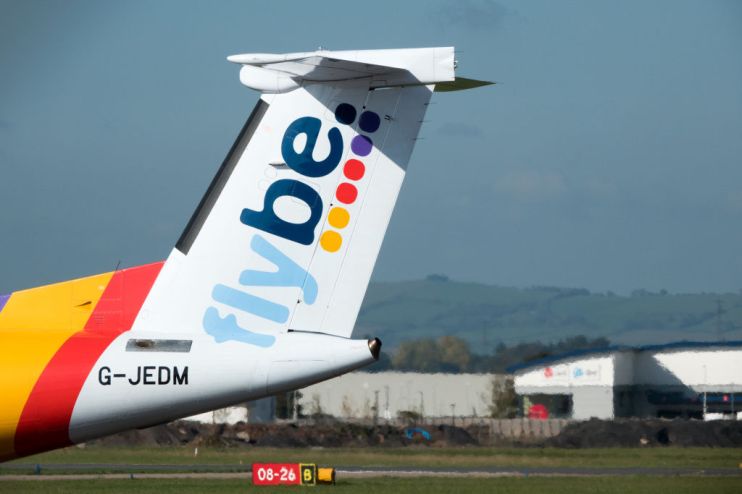Public cash shouldn’t be for private gain

Have you ever heard of Apton? It’s game-changing. It’s synergetic. It’s revolutionary. It’s self-actualising. It’s… costing you money with naught in return.
You probably haven’t heard of Apton, though — it’s only got 3,000 subscribers. It’s an app to stream Welsh language music — kind of like Spotify, but with a much smaller catalogue, fewer features, and an addiction to public subsidy.
As a taxpayer you are paying for it. As a reader of City A.M, you’re almost certainly one of the people paying for it — even though you are getting nothing in return.
The devolved Welsh government is subsidised by the rest of the UK. It
receives a block grant which is well above the amount Welsh taxpayers put into the pot, and then the politicians in Cardiff Bay decide what to spend on it. Earlier this decade it decided that meant giving a £30,000 grant to this private company.
It’s Welsh language music, how big could the audience be? It’s tiny. In a country of 3m people, just one in 10 are fluent in Welsh, while just over one in 20 cite Welsh as their first language.
Apton has run into financial difficulty. It just isn’t making enough money from its 3,000 subscribers to carry on trading. It’s struggling because competitors like Spotify and Apple provide a better service and even promote Welsh language music.
But even still, Apton went crying to the Welsh assembly’s culture committee to cough up more cash and got coverage using a well-oiled PR campaign and political connections.
Flybe have done the exact same. A company made a big public fuss after bringing itself to the brink of failure.
Virgin, Stobart, and Cyrus Capital bought the company for just £2.8m last year, knowing the liabilities they were taking on. These deep-pocketed firms are now seeking special treatment from taxpayers because of their imprudent investment decision.
There’s a term for a system in which companies succeed not by providing value to their consumers, but because of special benefits stolen from the rest of us. It’s called crony capitalism, and it stinks. It gives the rest of you honest brokers a bad name.
No company should receive public cash to prop up private gain. We should never jettison the principle that private companies must make a profit to prove their value.
You might think flights to Aberdeen from City are essential, but I’m sure the tiny numbers of Apton subscribers think the same of their app and language.
I’m sure people that want money spent on their local highway think the same. So here’s a radical suggestion for governments everywhere that want to step in to save so-called vital services — let people pay for them.
If they don’t make a profit, it turns out they weren’t that vital after all. If tickets don’t fly, try a subscription service, let people pay via Patreon, have a government-promoted Kickstarter if you must. Just don’t ask me to pay for something that I get nothing from to keep you in the lifestyle you’ve become accustomed to.
Matt Kilcoyne is the deputy director of the Adam Smith Institute